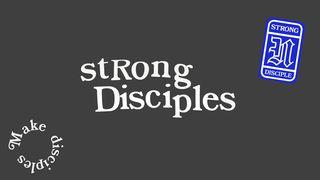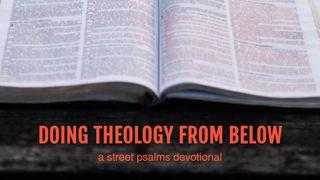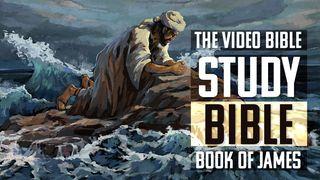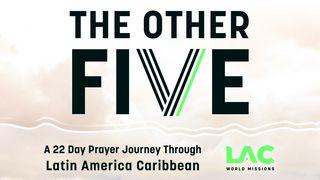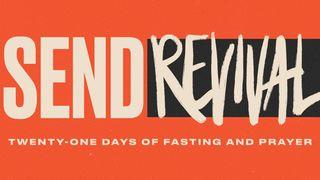Deuteronomy: At Journey's Endਨਮੂਨਾ
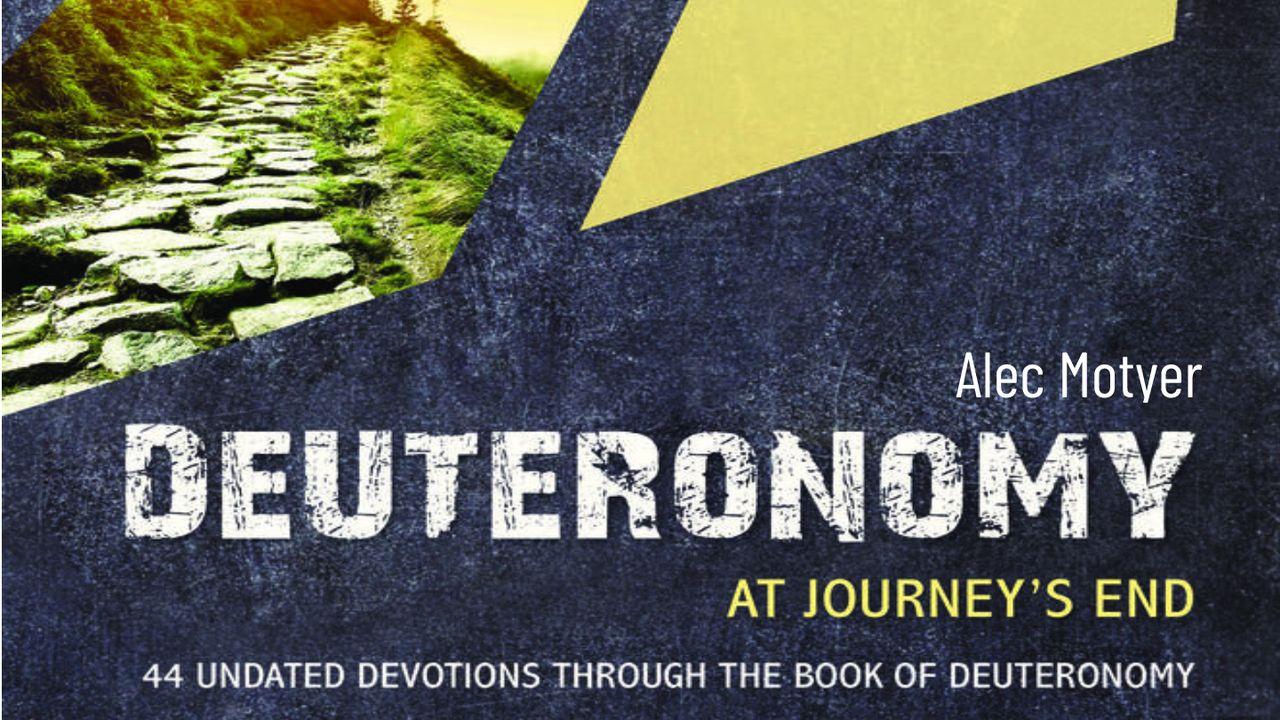
People are people, not commodities
There is at least one thread running through chapter 24: people must be treated as persons in their own right, not as a means to someone else’s profit. A pledge taken to guarantee a loan must study humanity, and the debtor’s human needs met (vv. 6, 10–13). Kidnapping (v. 7) – presumably to sell as a slave or to hold to ransom (today it would be called ‘human trafficking’) – commands the death penalty. Wages must be fair (v. 14) and payment regular and prompt (v. 15). The vulnerable (refugees, orphans and widows) are a charge on those with resources (vv. 17–22).
People are also to be treated as personally responsible: in a case of infectious uncleanness (v. 8) and regarding sin committed (v. 16) the person must accept the consequences. This is what the Lord made Miriam do (v.9; cf. Num. 12:9, 10, 15). It is the price of being a human person.
Underlying all this ordering of society, there are principles: we are to be directed by the word and acts of God (vv. 8–9); we are to act towards others as God has acted towards us (vv. 18, 22); and we are to live in relationship to others aware of the watchful eye of God (vv. 13, 15, 19).
The regulations for marriage, divorce and remarriage (vv. 1–4) are full of unexplained detail: what caused the original divorce? It says ‘a nakedness of a matter’ (v.1, literally), an expression used in 23:14 of falling below pubic seemliness – possibly here even pointing to something vague like ‘for some acceptable cause’. Nor do we know what caused the ‘dislike’ (v. 3) leading to the second divorce. Nor, finally, is the charge of defilement (v. 4) explained. We can but assume that so much is left unexplained because Deuteronomy wants only to make the substantial point of the impossibility of re-establishing the first marriage. It is clear, then, that there is no objection to remarriage after divorce. Indeed it seems to be assumed that the divorced wife will remarry – and, come to that, should she wish to remarry a second time, this would apparently be acceptable. What is impossible is a renewal of the first marriage. This is all the Old Testament ever says about divorce and remarriage.
Reflection
There is a better way than divorce (Mal. 2:13–16; 1 Cor. 7:10–16).
ਪਵਿੱਤਰ ਸ਼ਾਸਤਰ
About this Plan

In these daily undated devotions, Alec Motyer explores the timeless truths of Deuteronomy and applies them to our lives today. Just as the Israelites did, we can appreciate the wonder of God’s grace to us through repentance, experience His committed love for us, and learn more about walking in His ways.
More
